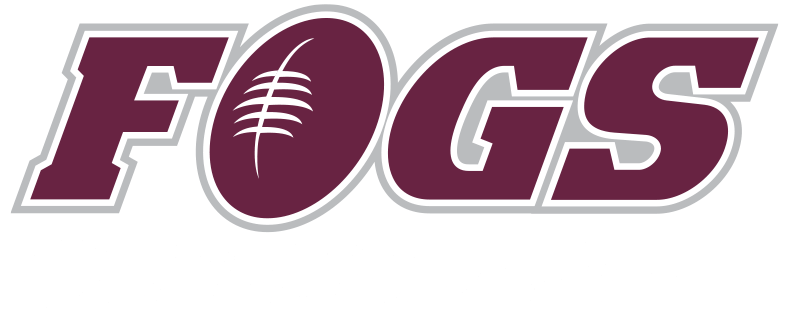Mura Ama Wakaana – People Working Together
- Michael Westlake
- Jan 31, 2011
- 2 min read
Updated: Sep 25, 2024
OVER two days in September and October, the FOGS administration undertook a course through the Queensland Government to help assist in the delivery of our Indigenous program.
The Mura Ama Wakaana – People Working Together program is an accredited course in Aboriginal and Torres Strait Islander Cultural Awareness developed in consultation with representatives from Aboriginal communities, Torres Strait Islander communities and public sector agencies across Queensland.
It is run by Wal-Meta – The Aboriginal and Torres Strait Islander Public Sector Employment Development Unit of the Department of Employment, Economic Development and Innovation.
“It was very beneficial for all of us, just to be aware of the cultural sensitivities that we need to be across in doing the work that we do,” said FOGS Executive Chairman Gene Miles.
“Obviously there is a lot that we need to learn about the history and culture of the Aboriginal and Torres Straight Islander people, and I am sure that we all came out of the course a lot more knowledgeable about what is required in closing that gap between indigenous and non-indigenous Australia.
“Matty Ralph, who used to play at the Broncos and now works for the Government, organized it all for us, because he knew it would benefit the work and the programs that we have underway.
“A fantastic bloke by the name of Duncan Williams from the Department of Employment, Economic Development and Innovation actually presented the course over the two days, and di a great job for us. We presented him with an Origin jersey at the end to show him our appreciation, and he seemed pretty happy with that.”
According to Wal-Meta website, the course has a number of primary goals for participants:
Provide an overview of Australian history with an Aboriginal and Torres Strait Islander focus
Identify and understand major changes to Aboriginal and Torres Strait Islander cultures following colonisation
Understand the impacts of racism on contemporary Aboriginal and Torres Strait Islander attitudes
Describe major features of contemporary Aboriginal and Torres Strait Islander cultures and societies
Understand and appreciate the diversity of Aboriginal and Torres Strait Islander cultures and lifestyles and the relevance and use of protocols.
Geno said a greater knowledge of cultural awareness was a crucial part of the continued success of the FOGS’ ARTIE Program, and the Indigenous Employment and Careers Expos.
“We need to be very aware that programs or processes that might be successful for a non-indigenous group may not work at all for an indigenous group,” Geno said.
“It also made us aware of things we need to know about the people we are working with in our programs.”




